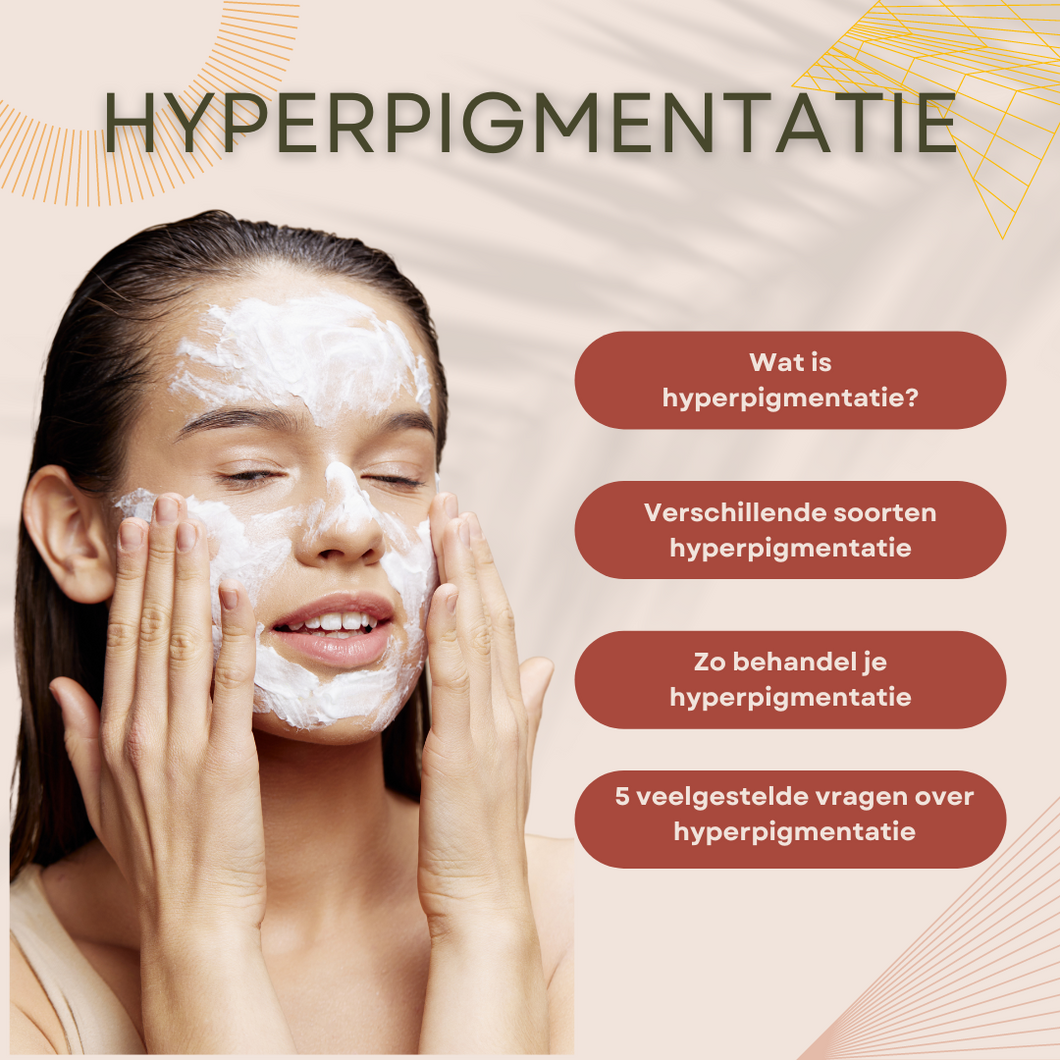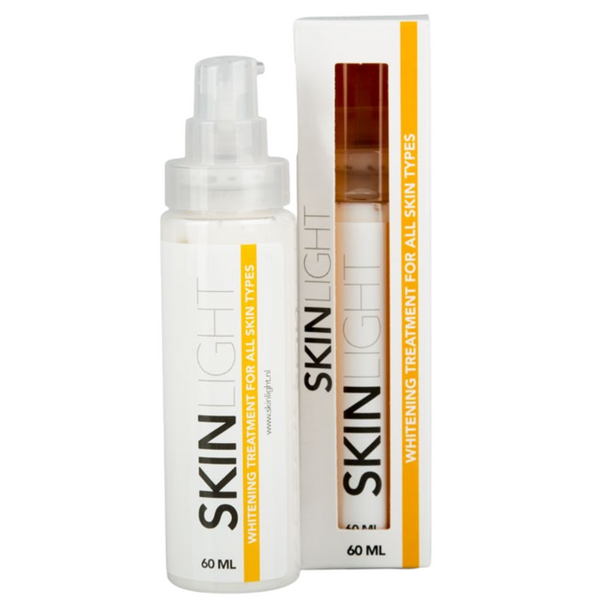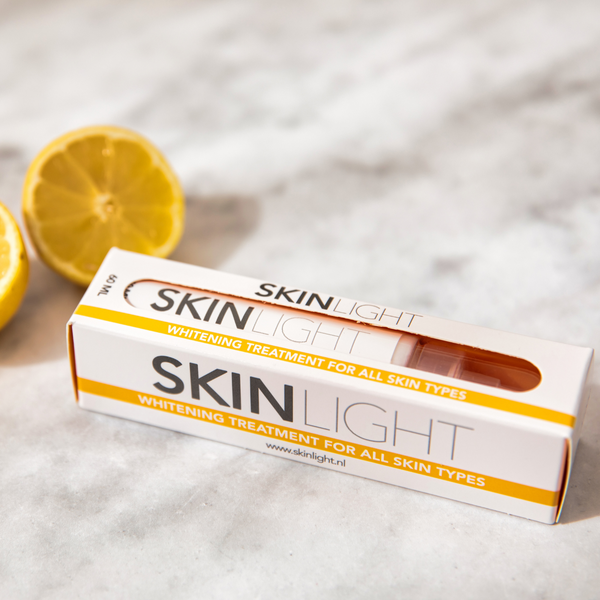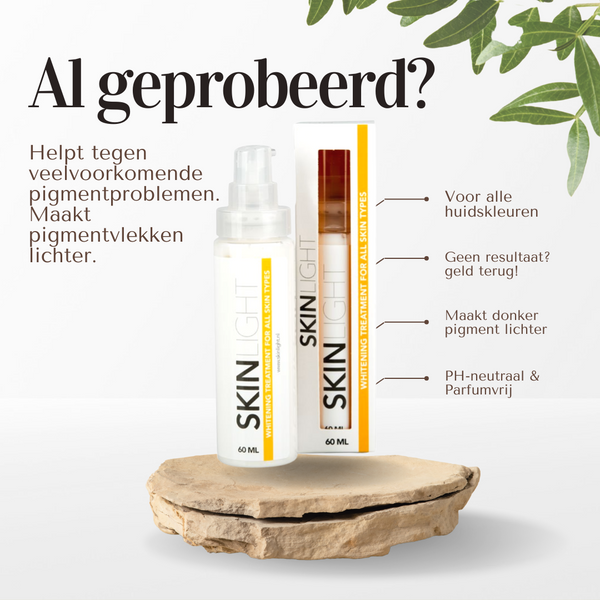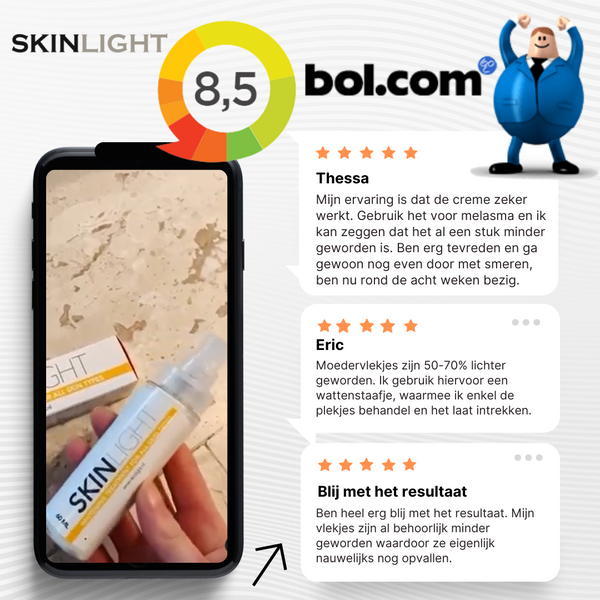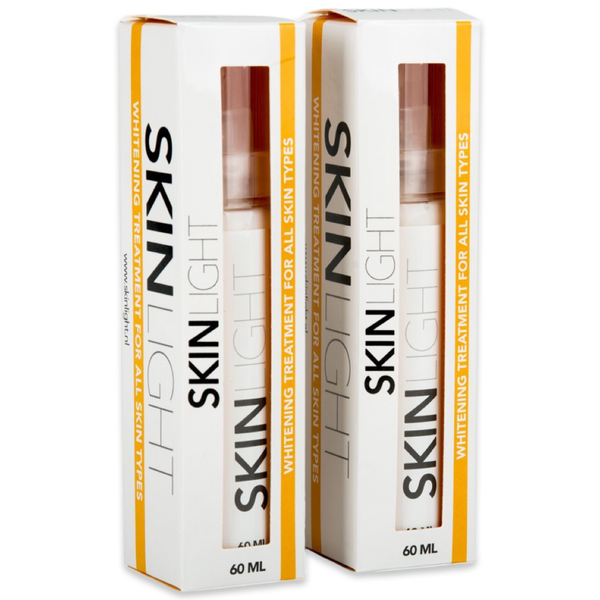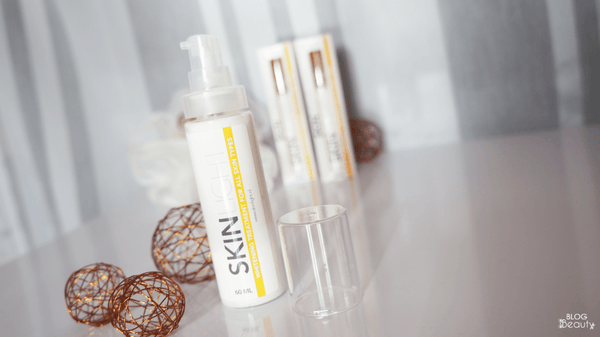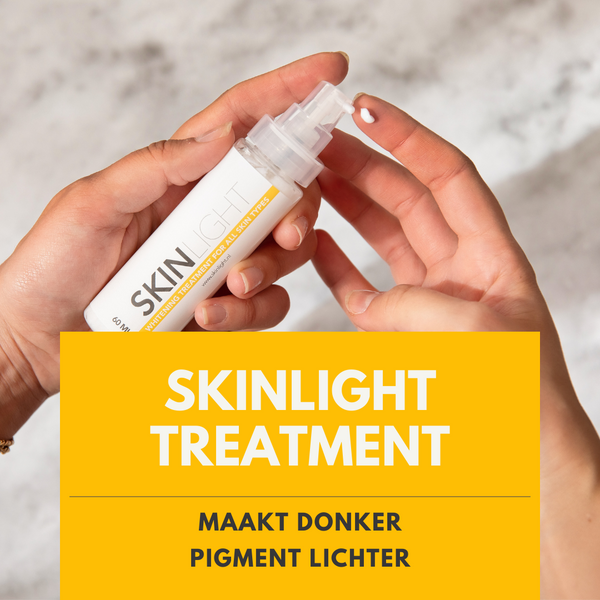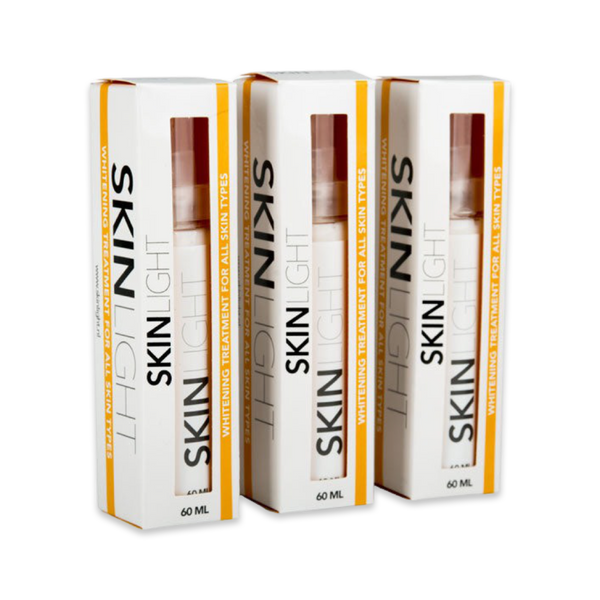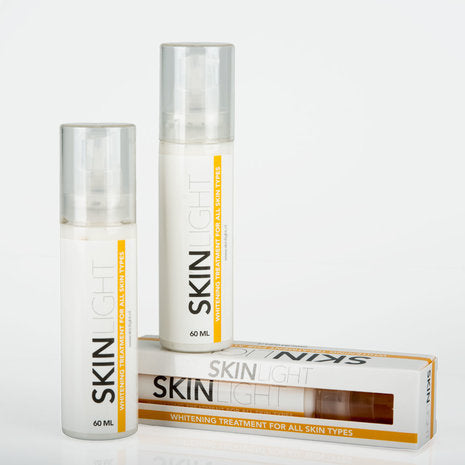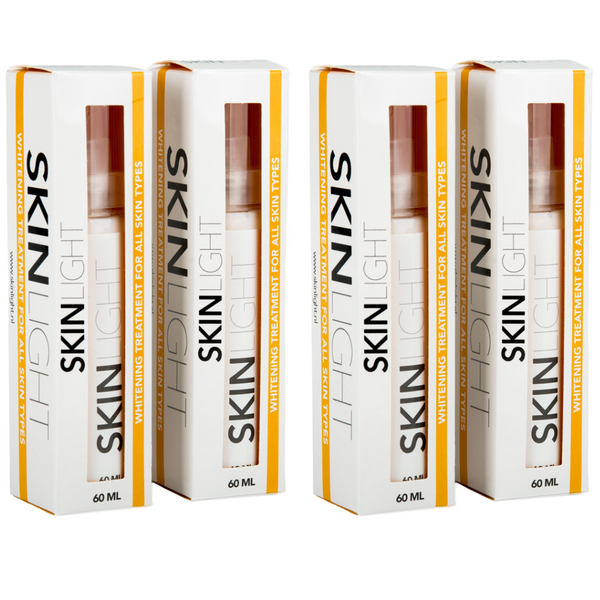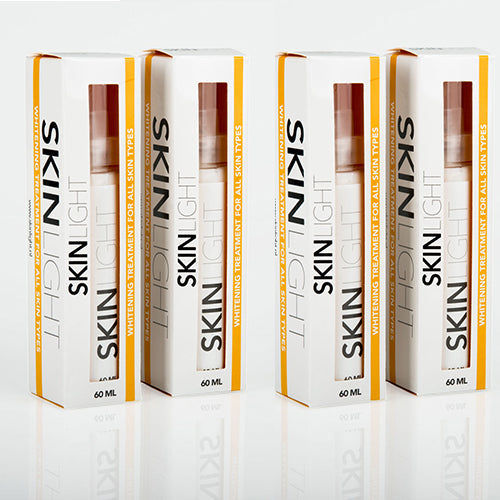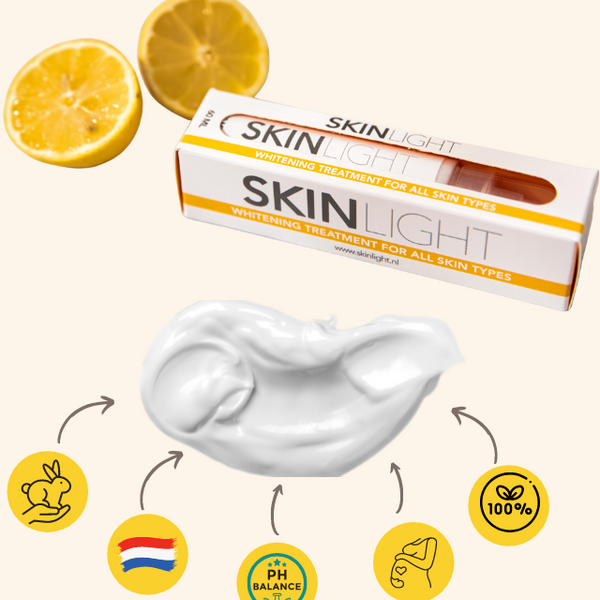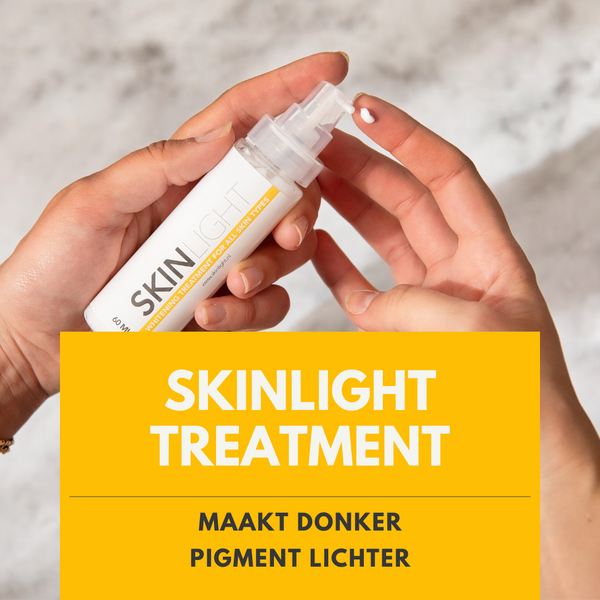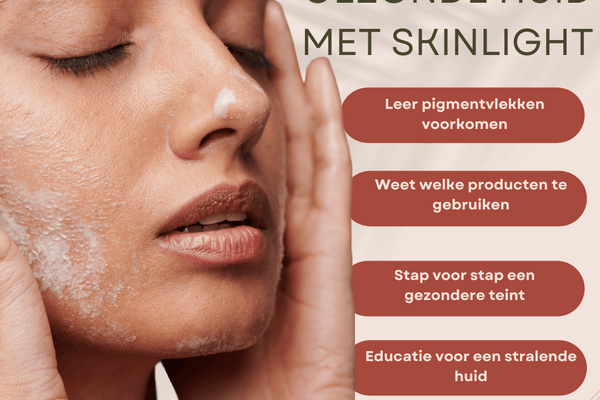Hyperpigmentation is a common skin condition that affects many people worldwide. It is characterized by dark spots or patches of skin, which can vary in size and shape. These discolorations can appear anywhere on the body and can affect both men and women. In this article, we will discuss the causes, treatments and prevention methods of hyperpigmentation.
Causes Of Hyperpigmentation:
There are several factors that can contribute to the development of hyperpigmentation, including:
- Sun exposure: Excessive sun exposure can lead to the development of dark spots or spots on the skin.
- Hormonal changes: Pregnancy, menopause, and taking birth control pills can lead to hormonal changes that cause hyperpigmentation.
- Skin lesions: Scars, acne and eczema can all lead to hyperpigmentation.
- Heredity: Some people are naturally more likely to have hyperpigmentation than others due to their genetic predisposition.
Treatments of hyper pigmentation:
There are several treatments available for hyperpigmentation, including:
Laser Therapy: Laser therapy can help reduce the discoloration by destroying the pigmentation.
Prevention of hyper pigmentation:
There are several measures you can take to prevent hyperpigmentation, including:
- Wear protective clothing: wear clothing that covers your skin and protects your skin from the sun.
- Use sunscreen: use a sunscreen with a high protection factor to protect your skin from the sun.
- Avoid sunlight at peak times: avoid sun exposure at peak times, when the sun is strongest.
- Treat skin lesions: treat scars, acne and eczema to prevent the development of hyperpigmentation.
Frequently Asked Questions:
Is hyperpigmentation dangerous?
Hyperpigmentation is usually a harmless condition and poses no threat to your health. However, it can be cosmetically disturbing.
Can hyperpigmentation be prevented?
Yes, hyperpigmentation can be prevented by wearing protective clothing, using sunscreen and treating skin lesions.
Can hyperpigmentation be cured?
Hyperpigmentation can be reduced and the discoloration treated with various treatments, but it cannot be completely cured.
Are There Natural Remedies for Hyperpigmentation?
There are several natural remedies that can help reduce hyperpigmentation, such as using lemon juice, aloe vera and vitamin C. However, it is important to note that these remedies are not always effective and can sometimes even be harmful to the skin.
Other factors contributing to hyperpigmentation:
In addition to the factors mentioned earlier, there are other factors that contribute to hyperpigmentation. Below is a list of other possible causes:
- Hormonal changes in women during the menstrual cycle
- Medicines such as antibiotics, chemotherapy and anticonvulsants
- Overweight
- Aging of the skin
- Exposure to chemicals such as perfumes and cosmetics
- It is important to remember that the exact cause of hyperpigmentation can vary from person to person and it is advisable to see a dermatologist if you suffer from this condition.
Treatments of hyperpigmentation:
There are several treatments available for hyperpigmentation, as mentioned above. Below we will take a closer look at some of the most commonly used treatments:
1. Creams: There are several creams on the market that can help reduce hyperpigmentation. Some creams contain bleaching agents, such as hydroquinone, which help to brighten the skin and reduce discoloration. Other creams contain exfoliating ingredients, such as glycolic acid, that remove the top layer of skin and reduce discoloration. However, it is important to remember that some creams can have side effects and it is advisable to consult a dermatologist before using any cream.
2. Chemical peels: This is a treatment where a chemical solution is applied to the skin to remove the top layer of the skin. This stimulates the skin to produce new, healthier skin cells. This treatment can help reduce hyperpigmentation and improve skin texture.
3. Laser Therapy: Laser therapy can be used to destroy the pigmentation in the skin. This treatment can be effective in reducing hyperpigmentation, but it can also have side effects, such as scarring and discoloration of the skin.
4. Microdermabrasion: This is a treatment that removes the top layer of skin to reduce discoloration and improve skin texture. This treatment can be performed using a special machine that blows small crystals onto the skin to remove the top layer of skin. This can help reduce hyperpigmentation and improve skin texture.
5. Dermabrasion: This is a treatment in which the top layer of the skin is removed using a rotating device. This treatment can help reduce hyperpigmentation, but it can also have side effects, such as scarring and discoloration of the skin.
Prevention of hyper pigmentation:
In addition to avoiding the aforementioned factors that contribute to hyperpigmentation, there are other measures you can take to prevent this condition. Below is a list of some prevention methods:
Drink enough water: Drinking enough water can help hydrate the skin and prevent the development of hyperpigmentation.
Eat healthy: Eating a healthy diet with plenty of fruits and vegetables can help prevent hyperpigmentation.
Use sunscreen: Using sunscreen with a high protection factor can help prevent hyperpigmentation due to sun exposure.
Remove makeup before bed: Failure to remove makeup can lead to clogged pores and the development of hyperpigmentation.
Final verdict
Hyperpigmentation is a common skin condition that can be caused by several factors, including sun exposure, hormonal changes, skin lesions, and heredity. There are several treatments available for hyperpigmentation, such as creams, chemical peels, laser therapy, and microdermabrasion. It is also possible to prevent hyperpigmentation by wearing protective clothing, using sunscreen and treating skin lesions. It is important to see a dermatologist if you are concerned about hyperpigmentation or if you want to find a suitable treatment for your skin type.
